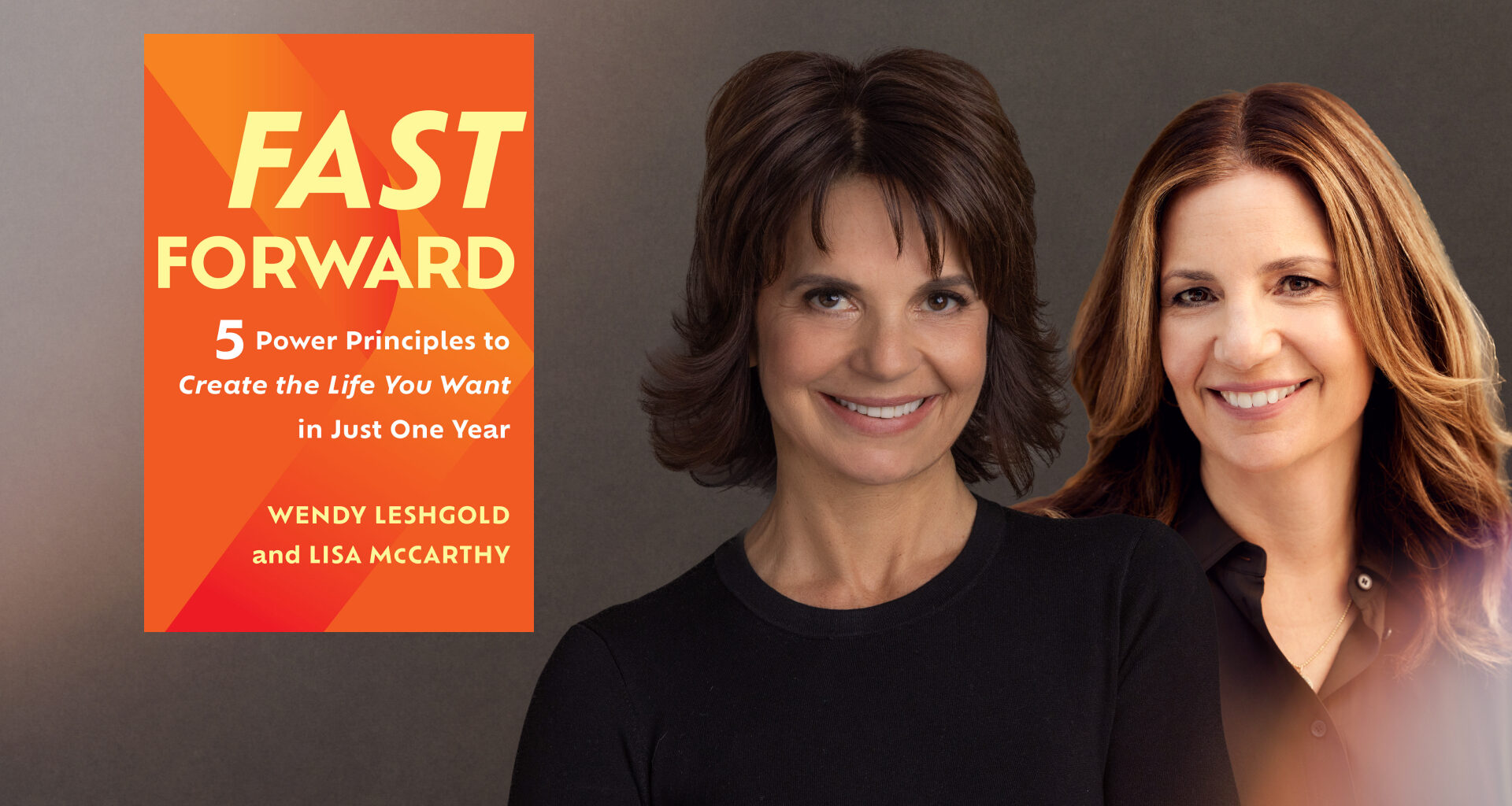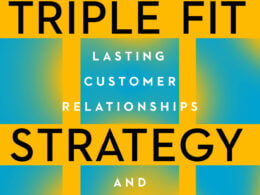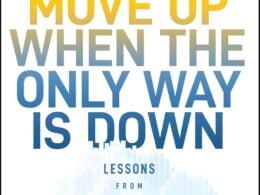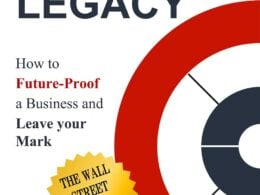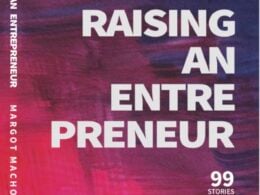Excerpted from “Fast Forward: 5 Power Principles to Create the Life You Want in Just One Year“, copyright © 2023 by Wendy Leshgold and Lisa McCarthy. Reprinted with permission from Matt Holt Books, an imprint of BenBella Books, Inc. All rights reserved.
We think we don’t have the power to control how we spend our time or where we direct our energy and focus, so we give up that power. We spend our days being reactive rather than intentional, just responding to the needs, priorities, demands, and crises that come at us rather than making progress on our own priorities. We end up feeling like there aren’t enough hours in the day and that other people and circumstances dictate how we use the time we do have. We often feel unproductive or incapable of achieving our goals—professional or personal. In the words of Jim Kwik, author and “brain coach,” “Sometimes you’re burnt out not because you’re doing too much but because you’re doing too little of the things that make you come alive.”
Your reactive behaviors can and will derail you from achieving your vision and creating the life you want.
The first step to making sure that doesn’t happen is recognizing where and when you are being reactive. Take a minute right now to think about an area of your life where things are working—where things feel easy, low-stress, and within your control, whether you’re onboarding a new client, planning your next vacation, or exercising. You know what you need to do and you do it, without friction. This is likely an area of your life where you are intentional.
Now think about situations or circumstances where you feel the opposite, as if every step is a struggle or like you’re running in circles and making no progress. Maybe you find yourself getting emotionally hooked, feeling frustrated or even guilty. You might complain about it to other people or in your own head. Whatever it is, you feel like it’s somehow out of your control, as if you’re operating on autopilot. Maybe one these scenarios sounds familiar.
· Obsessively checking email or text messages (especially if you have notifications turned on)
· Staying up late binging TV shows, getting sucked into social media, or doomscrolling on a news site (there’s an actual phrase for doing this after overly packed days: revenge bedtime procrastination)
· Holding onto tasks that could be delegated because “it’s just easier”
· Saying yes to drinks or dinner out when you’re trying to be healthy or save money
· Agreeing to social or community commitments because you think you’re “supposed to,” not because they’re meaningful to you
· Spending time solving other people’s problems or helping them achieve their goals and then feeling resentful because you have no energy left for your own
It doesn’t have to be this way. You can choose to be intentional and focus on what you can control rather than reacting to what you can’t.
“I have enough time and energy for the things that are most important to me.”
Does that sound like a fantasy? Most of us think that to achieve more of what we want we need more time and energy because we need to do more. We have to squeeze in one more call or accomplish one more task. What if you could do less and accomplish more? That’s what happens when you adopt this empowering perspective. You begin to see that you don’t need more time, you need to choose to do different things with the time you have.
Right now, in your life, you’re probably spending time on things that aren’t mission critical, that aren’t in service of your vision, and that don’t fuel your success, happiness, or peace. They stem from reactive, autopilot behaviors, like saying yes when you want to say no. In Essentialism, a book about achieving more while doing less, Greg McKeown writes, “Everything changes when we give ourselves permission to be more selective in what we choose to do . . . There is tremendous freedom in learning that we can eliminate the non- essentials, that we are no longer controlled by other people’s agendas, and that we get to choose.”
Building more intentional habits that support your goals also helps you shed those tasks and responsibilities that aren’t meaningful or that aren’t a good use of your unique talents or competencies. Take Ava, whose biggest struggle was delegation. She worked for a fast-growth company and had been there from the beginning. When the company was small, everybody was expected to swim in ten different lanes and say yes to whatever needed to be done. The company was now worth billions, had more than twenty thousand employees, and work had been parsed out across several new departments.
But Ava’s mindset about her work hadn’t changed as dramatically as the company. Her reactive, autopilot behavior was to handle whatever needed to be handled, without asking if she was the right person to handle it. Her days were loaded with tasks that could have been accomplished by other people, eating up time and energy she could have invested in more strategic work.
One day, she was frantically building a presentation, trying to get video elements to work, when a colleague came in to ask her a question. When she told him how frustrated she was, he asked, “Did you ask creative services for help?” Of course she hadn’t, even though they were the people expected to help with this exact task. “It was a wake-up call,” she told us. “I was looking for time to spend with my team, and there it was. I had spent ninety minutes doing something that I didn’t have to do.” Ava began noticing all the ways she didn’t tap into the resources, knowledge, and tal- ent available to her. Within a couple of months, she had “found” five or six hours a week, which she devoted to work that was important and that made her feel competent and successful.
Small, intentional choices and behaviors create space and allow you to feel more confident and fulfilled. Over time, you achieve more without doing more.
About the Authors
Wendy Leshgold is the president and co-founder of the Fast Forward Group, a professional development and executive coaching company. Wendy spent more than a decade in advertising, leading teams at Ogilvy & Mather, BBDO, and Deutsch, and working with brands including Apple, Kodak, and IBM. She experienced firsthand the challenges people face in high pressure corporate environments. Feeling compelled to help, she launched a successful executive coaching practice. A decade later, she joined forces with her childhood friend Lisa McCarthy, who shared her passion.
Lisa McCarthy is Fast Forward’s CEO and co-founder. Prior to launching Fast Forward, she spent 25 years at prominent media companies Univision, Viacom, and CBS leading sales organizations that were responsible for billions in revenue. Recognized as a people-first leader and change agent, Lisa was named a “Woman to Watch” by Advertising Age and was included in Crain’s New York Business “40 Under 40” list. She experienced the costs of an always-on workplace where people end up simply surviving, putting out fires, and often putting their happiness and health on hold. Together, she and Wendy designed a simple and immediately actionable system of Power Principles to help people achieve success and fulfillment in their whole lives.


